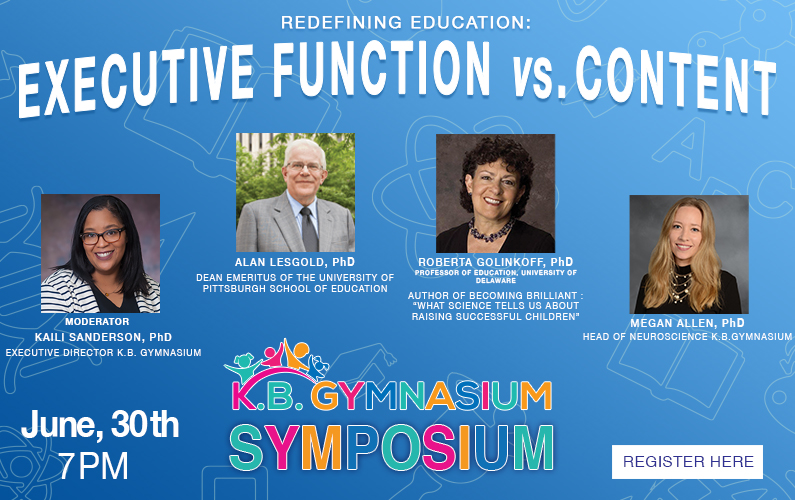I want to start by offering my thoughts and prayers to those who have been adversely impacted by COVID 19. As the world comes to grip with the ramifications of the virus, I am hopeful that we can return to some sense of normalcy sooner rather than later.
The lasting effects of children missing half the school year are of increasing concern because it will exacerbate the negative impacts witnessed during summer vacations. The American school system adheres to a nine-month intensive term, recessing for a summer vacation of typically three months then starting the semester anew. A lengthy hiatus from school has documented adverse effects on children. And as a former educator, I have seen firsthand the weeks it takes students to regain focus after a prolonged period without structure and instruction. Over the summer break, many students do not increase their knowledge or even retain what they have previously learned. Summer vacations effect has proven costly over the lifetime of an academic career, and the current school closure will likely make it worse.
Discussions with members of my community show there is shared angst about school closures. Parents are lamenting that they have invested significant time, money, and resources to produce a happy, high-achieving child who will contribute to society only to have their efforts negated by school closures. The disruption to several of the extracurricular activities aimed at enriching their child’s academic experience will impact their long-term prospects.
Teachers are doing the best they can in this crisis. They bear no blame or culpability for this crisis and its potential adverse effects on our children. They were asked to develop then deliver daily instruction via an untested online platform, with mere days to execute. I laud them for their past and ongoing efforts and believe everyone has acquired an even greater appreciation for them after this experience.
With little regard for the adverse effects on teacher morale and student learning, upon returning to regular schooling, they will be required to perform on a standardized test. In some states, teacher assessments are tied to their students’ test scores, so their pressure will equal their students. As a result, to ensure performance on a test may resort to drilling and teaching to the test. Educators may have little to no time to integrate ancillary activities that facilitate inclusive child development.
We have accepted the fact that we reside in a testing culture and recognize that opportunities open for those who do well on these exams. A child’s journey through the school system is mostly determined by a metric from standardized tests that affirm or refute their merit. If the analysis confirms excellence, that student becomes a person of interest with access to classes made up of fellow high-achieving students, and later, entrance to illustrious preparatory or specialized schools. This is like entering into a fraternity, sorority, or a legendary sports club.
I have spent untold hours contemplating how I can positively position this experience for my own children. I ponder how to keep them on track while still being sensitive to their emotional and social distress. At 8 and 6 years old, they miss school, miss their friends, and struggle with the abrupt change in their routines. We hope for a return to normalcy, but we must re-calibrate the means and methods of “normal.” To return them to a school system that tries to make up for lost time with a drill and kill tactics would add insult to injury. Our children are our greatest assets. Our refusal to return to the status quo is about our commitment to their future and them fulfilling their potential to the greatest extent. Now is the time to start mapping this out for ourselves and our communities.
In this trying time, I lean on the routines that are central to the KB Gymnasium classes. Starting with a mindful exercise to re-center my kids and get them prepared to focus, communicate, and collaborate. After a moment of mindfulness, I explain the task and ensure understanding. Lastly, I let work quietly by themselves while asking periodically if they need help.
In a not so distant future, we will have to navigate the new COVID-created landscape of our lives and our children’s education. With the close connection between schools and politics, I would rate the likelihood of an overnight change to the school system up there with trying to turn the titanic to avoid the iceberg. I fear that this hiatus from school will only leave us more exposed to the drill and kill the culture. Also, the heightened borrowing and spending to combat the negative ramifications of COVID will diminish the coffers of several municipalities, which, in effect, will result in the massive defunding of numerous enrichment activities. But we must use this time to reimagine schools and the future of education. To reconsider the methods that we use and their effectiveness. We cannot be complicit in the erosion of our children’s academic and professional prospects.


